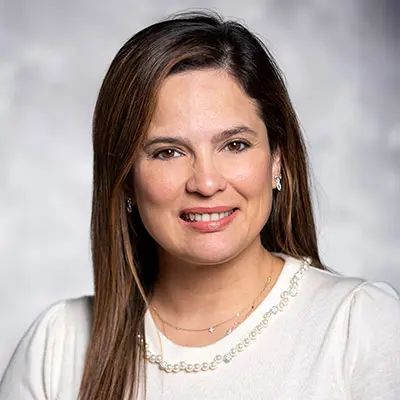In the latest episode of the Oncology Brothers podcast, Drs. Rahul and Rohit Gosain are joined by Dr. Ticiana Leal to explore the evolving treatment landscape of small cell lung cancer (SCLC). Dr. Leal, a leading thoracic oncologist from Emory University, shared her clinical expertise and insights on recent FDA approvals, emerging therapies, and practical challenges in managing this aggressive disease.
Dr. Leal outlined the two primary stages of small cell lung cancer—limited stage and extensive stage—and how treatment decisions are tailored accordingly. For limited-stage disease, the standard approach continues to be chemoradiation (chemoRT), but there have been important new developments.
One of the most exciting updates is the recent FDA approval of Durvalumab for use after chemoRT in limited-stage disease, offering a new maintenance option and hope for improved outcomes. Despite the availability of supportive care agents, growth factors are rarely utilized in SCLC. The discussion emphasized the use of Trilaciclib, a CDK4/6 inhibitor designed to protect bone marrow during chemotherapy, showing promise in improving tolerability.
Immunotherapy remains a critical part of frontline treatment in extensive-stage SCLC. Dr. Leal discussed the choices between Atezolizumab and Durvalumab, reviewing the survival benefits and updated data, particularly the extended survival observed with Atezolizumab.
Following its recent approval, Tarlatamab, a novel bispecific T-cell engager targeting DLL3, has shown promise, but logistical barriers and real-world uptake remain challenges that oncologists must navigate.
Dr. Leal stressed that clinical trials are essential for driving innovation and expanding treatment options for patients with SCLC, a cancer type long considered difficult to treat.
